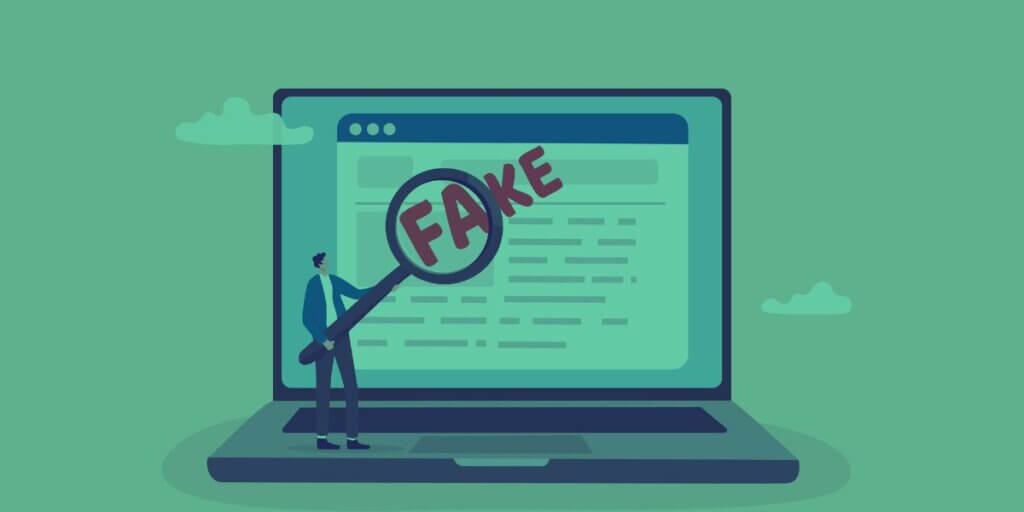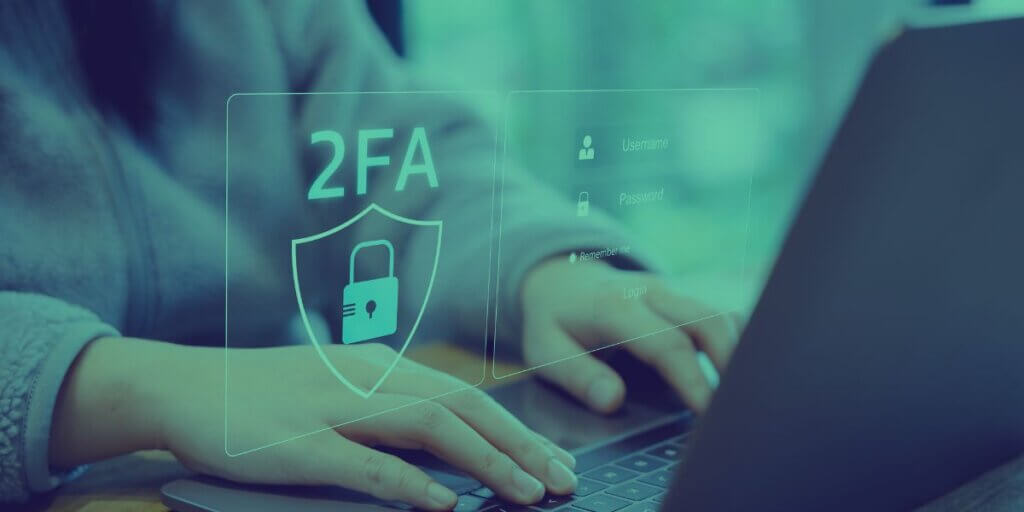Lower your internet bill
61% of people overpay for their internet.
Are you one of them?
Unlock exclusive offers in your area!
Call now
[tel]Enter zip code
1 Star is Poor & 5 Stars is Excellent.
* Required

Written by Rosslyn Elliott - Pub. Aug 02, 2024 / Updated Sep 30, 2024
Table of Contents
Are you happy with your Internet service?

About the author
How do you pass the time while you’re waiting to board your flight?
You probably want to check in with the online world using your smartphone or tablet on Wi-Fi. Maybe read a little news, answer a few emails. Browsing with Wi-Fi is our national pastime now, so what can it hurt?
Unfortunately, using airport Wi-Fi can expose you to some real risks. Read on to find out whether you want to use that public Wi-Fi, and how to best protect yourself from cyberthreats.
The short answer is yes, but with caution. Airport Wi-Fi can be a convenient way to stay connected while traveling. But public Wi-Fi networks, including those at airports, are always less secure than your private home or office network.
While airport Wi-Fi offers easy access to the internet, it also exposes you to potential security risks. Cybercriminals often target these networks because they know travelers are likely to use them for sensitive tasks like online banking or checking work emails.
With the right precautions, you can significantly reduce the risks associated with using airport Wi-Fi.
Here are a few types of cyberattacks you may experience on airport Wi-Fi:
One of the most common risks on public Wi-Fi is the man-in-the-middle attack [1]. In this scenario, a hacker intercepts the data flowing between your device and the internet, potentially capturing sensitive information like passwords or credit card numbers.
Cybercriminals sometimes set up fake Wi-Fi networks that mimic legitimate ones [2]. If you connect to these “evil twin" networks, the attacker can easily monitor your online activity and steal your data.

Airport Wi-Fi carries risks
Airport Wi-Fi networks can also be used to spread malware. Hackers might inject malicious code into websites you visit or prompt you to download infected files.
If you’re not careful, someone could potentially steal your passwords when you log into accounts over an unsecured Wi-Fi network.
Airport Wi-Fi is not nearly as secure as your home or office network [3]. Airports have made strides in improving their Wi-Fi security, but you will still face risks [4].
Many airports now use encrypted networks and other security measures to protect users. However, these protections aren’t foolproof, and they don’t guard against all types of attacks.
Ultimately, your online safety depends largely on your own actions. By taking the right precautions, you can significantly reduce the risks associated with using airport Wi-Fi.
Accessing airport Wi-Fi is typically straightforward, but it’s important to do so safely. Here are some steps to follow.
First, make sure you’re connecting to the official airport network. Check with airport staff or look for posted signs to confirm the correct network name.
Be wary of networks with names like “Free Airport Wi-Fi" or slight misspellings of the official network name. These could be malicious networks set up by hackers.

Most airport Wi-Fi networks will require you to agree to terms of service before connecting. Some may ask for basic information like your email address.
For maximum security, consider connecting to a Virtual Private Network (VPN) before accessing the airport Wi-Fi [5]. A VPN encrypts your internet traffic, making it much harder for hackers to intercept your data.
The good news is that free Wi-Fi has become standard at most major airports worldwide.
Nearly all large U.S. airports offer free Wi-Fi, including busy hubs like Atlanta’s Hartsfield-Jackson, Chicago O’Hare, and Los Angeles International.
Many international airports also provide free Wi-Fi, though some may limit free access to a certain time period before charging for continued use.
While Wi-Fi availability is widespread, the quality and speed of the connection can vary greatly from airport to airport. Ookla reports that in 2024, nine airports had download speeds over 100 Mbps [6].
The quality of airport Wi-Fi can be hit or miss, depending on various factors, including upload speed, download speed, latency, network congestion, and access limits.
Some airports boast high-speed connections that rival home broadband, while others offer slower, less reliable service. Hartsfield-Jackson International scored especially well with Ookla for a low-latency Wi-Fi connection. Mexico City International had the lowest median download speed at only 5.11 Mbps.
During peak travel times, airport Wi-Fi can slow to a crawl due to the high number of users. At least 15 airports now use Wi-Fi 6, which means they will handle congestion much better than those airports using Wi-Fi 5.

Some airport Wi-Fi is slow
Some airports may limit the duration of free Wi-Fi access or throttle speeds after a certain period. There are ways to bypass these time limits [7]. But if you want great internet service, it may be worth paying for premium Wi-Fi, if that is an option at your chosen airport.
Many airports offer premium Wi-Fi services for a fee, which often provide faster speeds and more reliable connections. Cheapflights.com has a handy guide to Wi-Fi options at 25 major U.S. airports [8].
Here are the best practices for using airport Wi-Fi safely:
By following these tips, you can enjoy the convenience of airport Wi-Fi while minimizing the risks to your digital security. As always, think before you click!

[1] Aura.com. “Is Airport Wi-Fi Safe?"
[2] USAToday.com. “Airport Wi-Fi Security Tips."
[3] Forbes.com. “Why You Should Never Use Free Airport Wi-Fi."
[4] Comparitech.com. “Unsecure Airport Wi-Fi."
[5] AmericanBar.org. “5 Ways to Stay Safe on Airport Wi-Fi."
[6] Ookla.com. “Global Airport Wi-Fi Performance."
[7] PrivateVPN.com. “How to Bypass Wi-Fi Time Limits at Airports."
[8] CheapFlights.com. “Airport Wi-Fi."
[9] Mozilla.org. “Ways to Use Airport Wi-Fi Safely."
[10] Wikipedia.org. “Multi-factor authentication."

About the author
Congratulations, you qualify for deals on internet plans.
Speak with our specialists to access all local discounts and limited time offers in your area.
[tel]61% of people overpay for their internet.
Are you one of them?
Unlock exclusive offers in your area!
Call now
[tel]Enter zip code